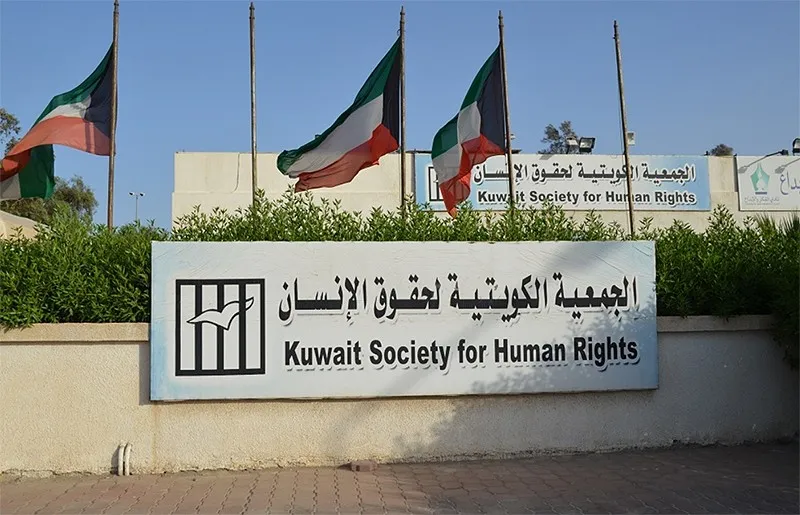Dr. Abdulredha Assiri, Chairman of the Permanent Committee for Complaints and Grievances and Member of the Board of Directors of the National Diwan for Human Rights (NDHR), emphasized the significant role played by the Diwan in promoting human rights in Kuwait. Speaking at a press conference organized by the Center for Gulf and Arabian Peninsula Studies at Kuwait University, Dr. Assiri highlighted the outcomes of the symposium on human rights policies in Kuwait and its interaction with the local and international situation, which took place last December.
During the symposium, a series of workshops and meetings were conducted, resulting in important recommendations. One of the key recommendations was the implementation of awareness and educational programs to educate the public about the role of the National Office for Human Rights in relevant fields.
Dr. Assiri also emphasized the importance of the NDHR embracing community initiatives and fostering effective partnerships to promote the culture and goals of human rights. He suggested that higher education institutions could contribute by conducting research and evaluations on human rights-related matters.
To further enhance human rights institutions in the Gulf Cooperation Council (GCC) countries, Dr. Assiri called for the establishment of a joint Gulf system, similar to the Arab Network for National Human Rights Institutions. Such a system would support the development of capabilities among workers in national human rights institutions and provide logistical support to raise awareness and understanding of human rights concepts in society.
Collaboration between the NDHR and judicial and legal institutions was also highlighted as a priority. Dr. Assiri stressed the importance of conducting joint training and awareness programs and involving public benefit institutions to measure the impact of these programs. He emphasized the need to continuously develop and improve such initiatives in the future.
Another recommendation put forward was the organization of periodic meetings or forums with the public to promote human rights awareness, shed light on the policies and activities of governmental and non-governmental agencies related to human rights, and encourage public participation.
In addition to implementing laws and decrees that approve international conventions on human rights, Dr. Assiri announced the publication of a volume containing the texts of the Kuwaiti Constitution and the Universal Declaration of Human Rights. This comprehensive compilation will provide a valuable resource for individuals interested in human rights matters.
Furthermore, Dr. Assiri emphasized the importance of holding closed or limited workshops for specialists and stakeholders in human rights. These workshops would serve as platforms for discussing issues, developing plans, policies, strategies, and problem-solving, ultimately deepening the common understanding among those involved in human rights.
To enhance the capacity of human rights activists, Dr. Assiri proposed the establishment of strategic partnerships with Kuwait University, public and private educational institutions, civil society organizations, and other governmental and private bodies concerned with human rights. The aim would be to develop an accredited academic or training program that equips activists with the necessary understanding and skills to navigate international, regional, and national systems, while also developing capacities for negotiating and managing human rights projects.
Finally, Dr. Assiri highlighted the need to draft comprehensive human rights laws that explicitly address and prevent any violations of these rights. This comprehensive approach would ensure the protection and promotion of human rights in Kuwait.
In conclusion, the National Diwan for Human Rights in Kuwait, under the leadership of Dr. Abdulredha Assiri, plays a crucial role in promoting and protecting human rights. Through various initiatives, partnerships, and recommendations, the NDHR aims to raise awareness, enhance understanding, and develop strategies to advance human rights in Kuwait and the Gulf region.







